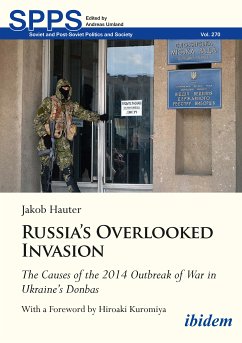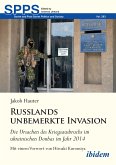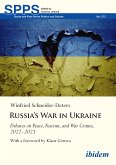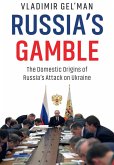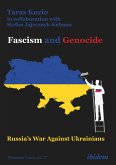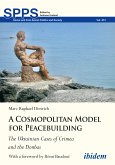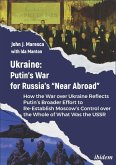The war in Ukraine did not start on 24 February 2022. It began eight years earlier in eastern Ukraine's Donbas region. In his new book, Jakob Hauter investigates the escalation of violence in the spring and summer of 2014. He demonstrates that, contrary to popular belief, the pre-2022 conflict was not a civil war. Ukraine has been fighting a Russian invasion since the armed conflict's very beginning. Hauter arrives at this conclusion based on a thorough review of the digital open source information (DOSI) available on the Internet. He argues that social science research needs theoretical and methodological innovation to operate in the abundant but murky information environment surrounding the Donbas War and other conflicts of the social media age. To address this challenge, he develops an escalation sequence model which divides the formative phase of the Donbas War into six critical junctures. He then combines the social science methodology of process tracing with DOSI analysis to investigate the causes of these critical junctures. For each juncture, Hauter assesses the available evidence of domestic causes and Russian interference, reaching the conclusion that, in most cases, there is convincing evidence that Russian involvement was the primary cause of armed escalation.
Dieser Download kann aus rechtlichen Gründen nur mit Rechnungsadresse in A, B, BG, CY, CZ, D, DK, EW, E, FIN, F, GR, HR, H, IRL, I, LT, L, LR, M, NL, PL, P, R, S, SLO, SK ausgeliefert werden.

